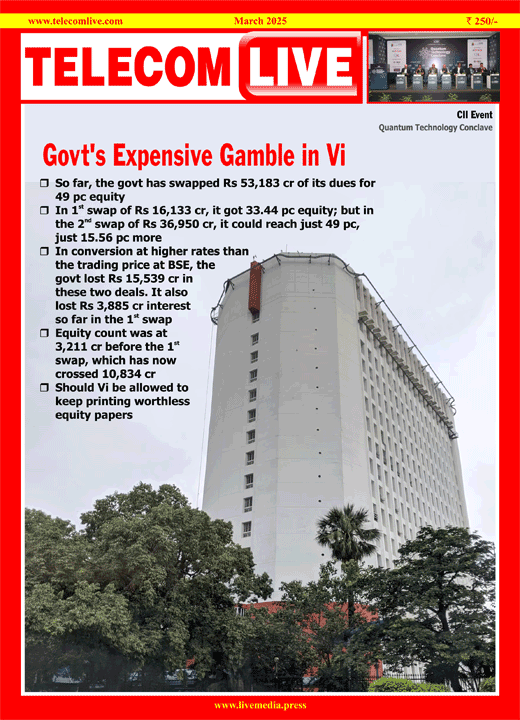WhatsApp privacy policy change puts India’s privacy regulations to test
Whatsapp had set a benchmark for social media companies for providing messaging without any promotions and ads. Billions of users globally prefer Whatsapp because there are no promoted posts or pop-ups, but an integration with its parent company has raised many questions. Will the social media giant lose its authenticity over other applications in the market because of the new privacy update?
Effective from February 2021, Whatsapp is enforcing a new privacy policy for users globally outside of the EU which allows Facebook, the parent company of Whatsapp to read personal data of users as phone numbers and IP addresses.
While the social media giant says that privacy is coded in its DNA, some people believe that giving up our privacy is the toll we pay for using the unpaid service.
“I think it’s time to face reality. When you avail free services like WhatsApp, “you” are the key part of the revenue model. We all know data is the new oil. The war is out there to have more of it and to leverage the same in many ways to monetize. Privacy and identity will become more and more precious and unless we have paid services the game is going in similar lines,” said Ashok Cherian, CIO, Page Industries.
Since the users can not back out of this data sharing policy, the only way out would be to stop using the application altogether. In such a scenario, having a long due strict privacy policy would have worked for Indian users. We all have noticed how Big tech companies GAFA (Google. Amazon, Facebook and Apple) have taken over our online lives for a while now but, Sharad Goklani, CTO, Equitas Finance Bank, feels that this is perhaps the inflection point, where we have started shuddering at the possibility of misuse.
“To some extent, I guess GDPR covers it for some countries, and I hope the similar bill being discussed in India would be a reality too, sooner or later, so there would be heightened awareness and control. Another way it can be resolved is by interoperability — that would almost force the platforms to democratise their information capturing, and make it more visible in the public domain,” he said.
When it comes to taking a stand to save our personal data and knowing about its storage, usage or transmission, nothing but a strong and strict policy can help us.
“What are penalties for a data breach, data exposures due to third parties or data leaks. If we are not framing policies and enforcing them, it is a waste of time discussing the Personal data privacy issues. We need strict policy such as what data can be collected, how data will be stored, transmitted or used. In case of data leaks, how soon we can report to the community about breach and the penalties for not keeping the data in a secure environment,” said Mandar Patil, Core Team Member & VP- International Market and Customer Success, Cyble.
While a few people are hopeful that this situation will give us a strong privacy bill, a few on the other hand think that Whatsapp is just a new target to talk about data privacy.
“Have we really thought about all the other applications, social, financial, general, gaming or others, installed on our phones and laptops which collect the same or more of our personal data? Individuals putting thoughts or views alone will not help much here. It is the privacy regulators which need to be put together and put a collaborative privacy and security framework against which app stores can permit apps to collect data”, said Dilip Panjwani, Senior Director – Chief Information Security Officer (CISO) & IT Controller at Larsen & Toubro Infotech Ltd
All said and done, Whatsapp’s new privacy policy is bringing to fore India’s privacy policy and regulations and putting Facebook’s integrity in a questionable position.



